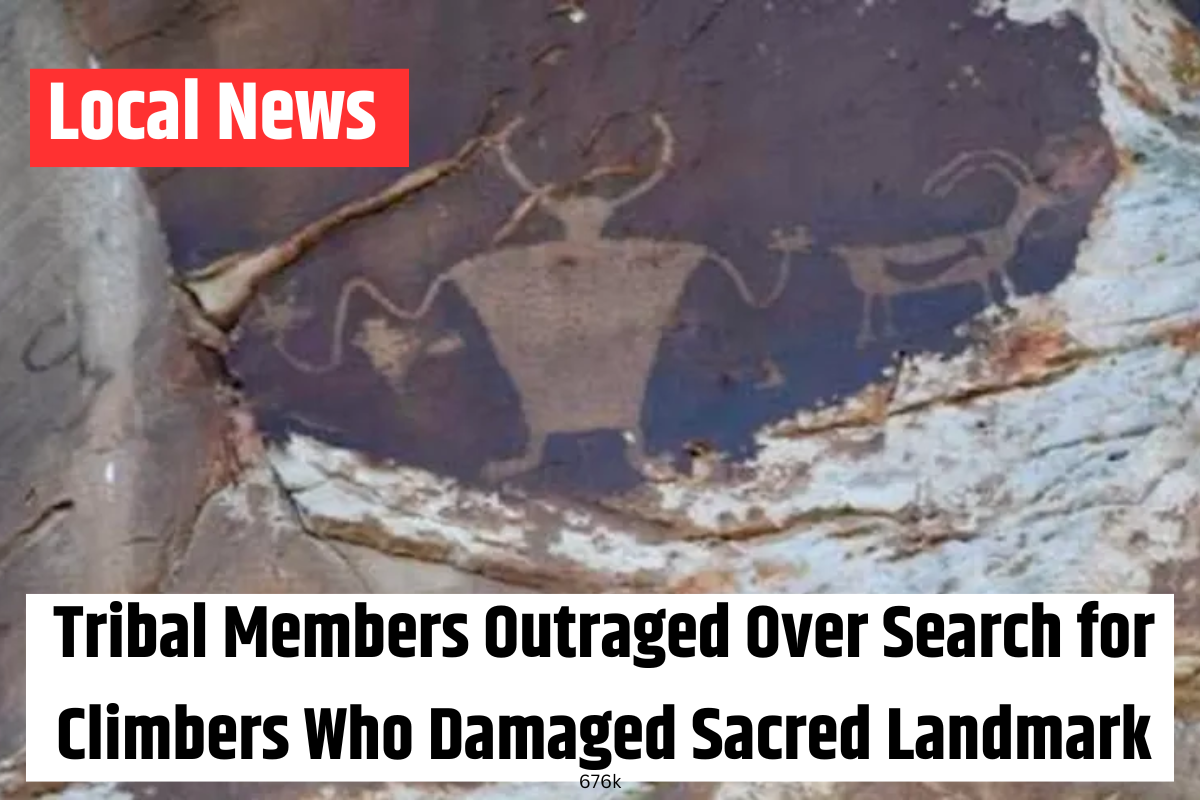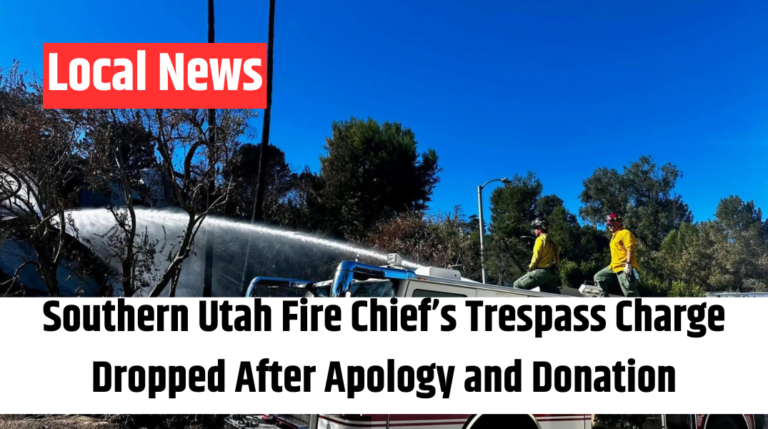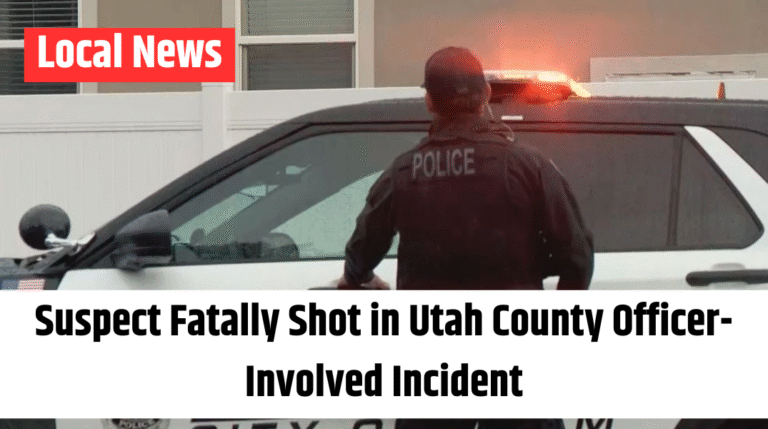
In November, climbers in Utah caused significant damage to a protected petroglyph by driving anchors into the rock’s surface. The National Park Service describes petroglyphs as ancient rock carvings created by pecking the rock with tools like a stone chisel and hammerstone, making any tampering with the surface irreversible.
Elizabeth Hora, the state archaeologist for the Utah State Historic Preservation Office, emphasized the gravity of the damage. “While we can remove the dust left behind from chipping, the carving itself is gone,” she told KSL. The petroglyph, crafted by Indigenous people long ago, is now marred by this irreversible act.
For many, this damage was more than just a loss of history—it was an affront to their cultural heritage. Autumn Gillard, cultural resource manager for the Paiute Indian Tribe of Utah, expressed the tribe’s deep anger over the incident, equating the defacement to graffiti in a sacred space. “For us, as tribal people, these are our churches,” she said.
While the Utah incident drew local outrage, this type of vandalism is not isolated. At Monument Valley Navajo Tribal Park in Arizona, visitors carved their names into the rocks last September, ignoring park rules. Even more disturbing, a hiker recently shared photos of graffiti scrawled on the Grand Canyon.
Vandalizing natural and cultural landmarks is a growing problem across the country, revealing a disturbing trend of disregard for nature’s sacredness. National parks and protected areas are places of reflection, healing, and connection to the earth. Research by the American Psychological Association links time spent in nature to improved mental health, lower stress levels, and better memory. Disturbing these places interferes with these benefits, preventing future generations from experiencing their full potential.
“Petroglyphs were the way these ancient peoples told their stories,” one KSL commenter noted. “They need to be preserved. It’s history, and it’s important.”
Anyone with information about the vandalism is encouraged to contact the Bureau of Land Management at 800-722-3998 or 801-539-4099.






